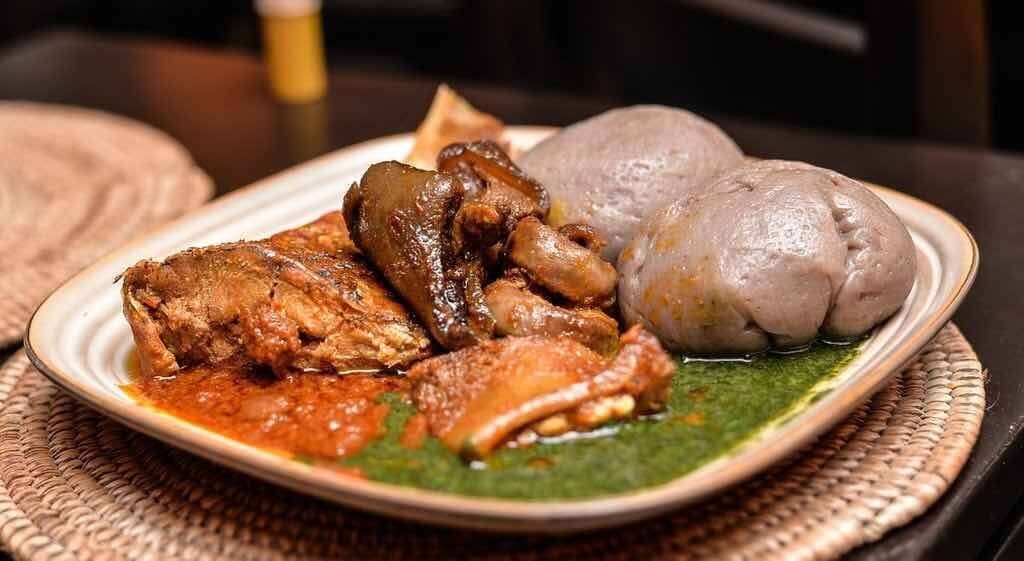Ramadan Special
Suhoor (The Pre-dawn Meal)
August 19, 2009.

It is recommended for Muslims to eat a pre-dawn meal (called Suhoor in Arabic) each day before the fast begins. The Prophet, may the peace and blessings of Allah be upon him, is reported by Anas (may Allah be pleased with him) to have said, “Eat a pre-dawn meal for there are blessings in it.” (Bukhari and Muslim). Other traditions report the Prophet (peace be upon him) as saying, “You should eat [the] pre-dawn meal for it is a blessed nourishment” (an-Nasa’i), and “The pre-dawn meal is blessed so do not neglect it even if you only take a sip of water. Verily, Allah and His angels pray for those who have pre-dawn meals.” (Ahmad)
The pre-dawn meal provides energy and other benefits to the fasting Muslim during the day so it makes good sense to plan on getting up early to have Suhoor. Of course this is better accomplished if you also sleep early so try to think about how you will arrange your schedule once Ramadan begins. If you typically have trouble waking up for the fajr (dawn) prayer, a new schedule in Ramadan may be the motivation you need to change your habits for the better even after Ramadan has ended. Ramadan is a great opportunity that comes once a year to renew your relationship and commitment to Allah
If you are accustomed to drinking tea or coffee in the morning or during the day, be aware that caffeine withdrawal can cause severe headaches while you are fasting. Take some time before Ramadan to wean yourself from caffeine (perhaps gradually) and decide whether it will be necessary to have any caffeine during the non-fasting hours in Ramadan. It may seem like a funny thing to worry about compared to the greatness of this Holy Month but many Muslims have experienced the phenomena of caffeine withdrawal and know to prepare themselves ahead of time to ensure they do not get sick from it.
Suhoor is distinctive of the Ummah of Muhammad salla Allahu alaihi wa sallam;
`Amr Ibn al-`Aas reported that the Messenger of Allah, salla Allahu alaihi wa sallam, said: “The distinction between our fasting and the fasting of the people of the book [Jews and Christians] is the taking of Suhoor”. [Muslim].
There are blessings in Suhoor …
Abu Hurairah narrated that the Messenger of Allah (S) said: “Indeed Allah placed blessing in the Suhoor and in the weighing [of grain]”. [Shirazi and al-Khateeb/ al-Jami`us-Sagheer; Hasan]
Anas reported that the Messenger of Allah said: “Eat Suhoor, for there are blessings in it.” [al-Bukhari and Muslim]. Salman also reported that the Prophet said: “Blessing is in three: The Jama`a [the congregation of the Muslims], The Thareed [a broth of (crumbled) bread and meat] and the Suhoor”. [Tabarani and Abu Nu`aim; Hasan]
A companion said: “I entered upon the Prophet (S) and he was taking the Suhoor and he said: “It is a blessing which Allah has given to you, so do not leave it”. [Ahmad and an-Nasa’i; Sahih]. Abud-Dardaa’ reported that the Prophet (S) said: “Come to the blessed morning meal (meaning the Suhoor)”. [Ahmad, an-Nasa`i and Abu Dawood].
“Perhaps the greatest blessing of Suhoor is that Allah Subhanahu wa Ta`ala (SWT) [Most High and Free of all imperfection], covers the people eating Suhoor with His forgiveness and send His Mercy upon them. The angels ask for forgiveness for them and supplicate to Allah to pardon them, so that they may be granted freedom from the Fire by the Most Merciful in the month of the Qur’an
Abu Said al-Khudri said: The Prophet (S) said: “The Suhoor is a meal of blessings, so do not leave it, even if one of you just takes a gulp of water, since Allah sends mercy and His angels seek forgiveness for those who take Suhoor”. [Ahmad and Ibn Abi Shaibah]
These reports from the Prophet (S) leave no room for the believer to miss Suhoor. Therefore let us take it upon us to never miss it.
What Would Fulfill Eating Suhoor?
Eating Suhoor would be fulfilled by eating a small or large quantity of food, or even just by drinking a sip of water as mentioned in the Hadith of Abu Said al-Khudri. However, the best of Suhoor is eating dates since the Prophet (S) said: “How excellent are dates as the believer’s Suhoor”. [Abu Dawood, Ibn Hibban and al-Baihaqee; Sahih]
The Time For Suhoor.
The time for Suhoor is between the middle of the night and dawn. It is considered best to delay it (that is, as close to dawn as possible). The Prophet (S) said: “Hasten the breaking of the fast and delay the Suhoor”. [Sahih al-Jami`]
Zaid ibn Thabit reported: “We ate Suhoor with the Messenger of Allah and then we got up for the prayer. He was asked: ‘What was the amount of time between the two?’ He responded: ‘[The time it would take to recite] fifty ayat.”‘ [al-Bukhari and Muslim]. ‘Amr ibn Maimun adds: “The companions of Muhammad (S), would be the first to break the fast and the last to eat their Suhoor.” [al-Baihaqi, Abdur-Razzaq and al-Haithami; Sahih]
The Prophet (S) said: “We, the Prophets, have been ordered to hasten breaking the fast, delay the Suhoor, and to put our right hand on the left one in prayer”. [Sahih al-Jami`]
Adapted from various sources.
Tarawih | Suhoor | Breaking Fast | Lailatuhl Qadr | ‘Eid
Read:








No comment